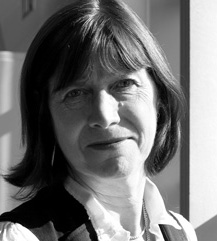The local design network scene is great, but it does need some co-ordination

Whatever the imminent merger between the Design Council and the Commission for Architecture and the Built Environment throws up for design, the Temple Review that set the scene for radical change at the council has had a welcome ripple effect across the industry.
Most of design’s representative bodies are reinventing themselves, becoming more proactive and outward-facing at a time when the creative community needs to be visible and seen to be effective in the eyes of clients, Government and the public (see News Analysis). Some of the activity is prompted by Martin Temple’s findings in the context of his Design Council review, but most stems from the need to boost membership – and therefore income and influence – by offering tangible benefits to members that go beyond professional development courses and intellectual property advice. Design has long been criticised for the number of bodies representing a relatively small sector. In his blueprint for the Design Council in the mid-1990s, when he was appointed Design Council chairman by the then Tory Design Minister Baroness Jean Denton, Sir John Sorrell identified more than 70 organisations representing design.
Of these, only a handful operate nationally in the commercial sphere, but the past few years has seen a proliferation of regional bodies set up to address the needs of designers within their catchment. It started, arguably, with the Liverpool and Manchester Design Initiative and spread to Cornwall, Cardiff, the South Coast, Bristol and beyond. Now the Wiltshire Design Network has joined a crowded stable of West Country bodies (www.designweek.co.uk, 31 January).
There is a strong argument for someone to join up the dots between these bodies. There’s nothing wrong with a national spread of representation, but clients and others need a coherent structure, with a clear point of contact, unless design is to remain fragmented and so marginalised to them.
-
Post a comment




